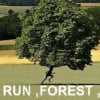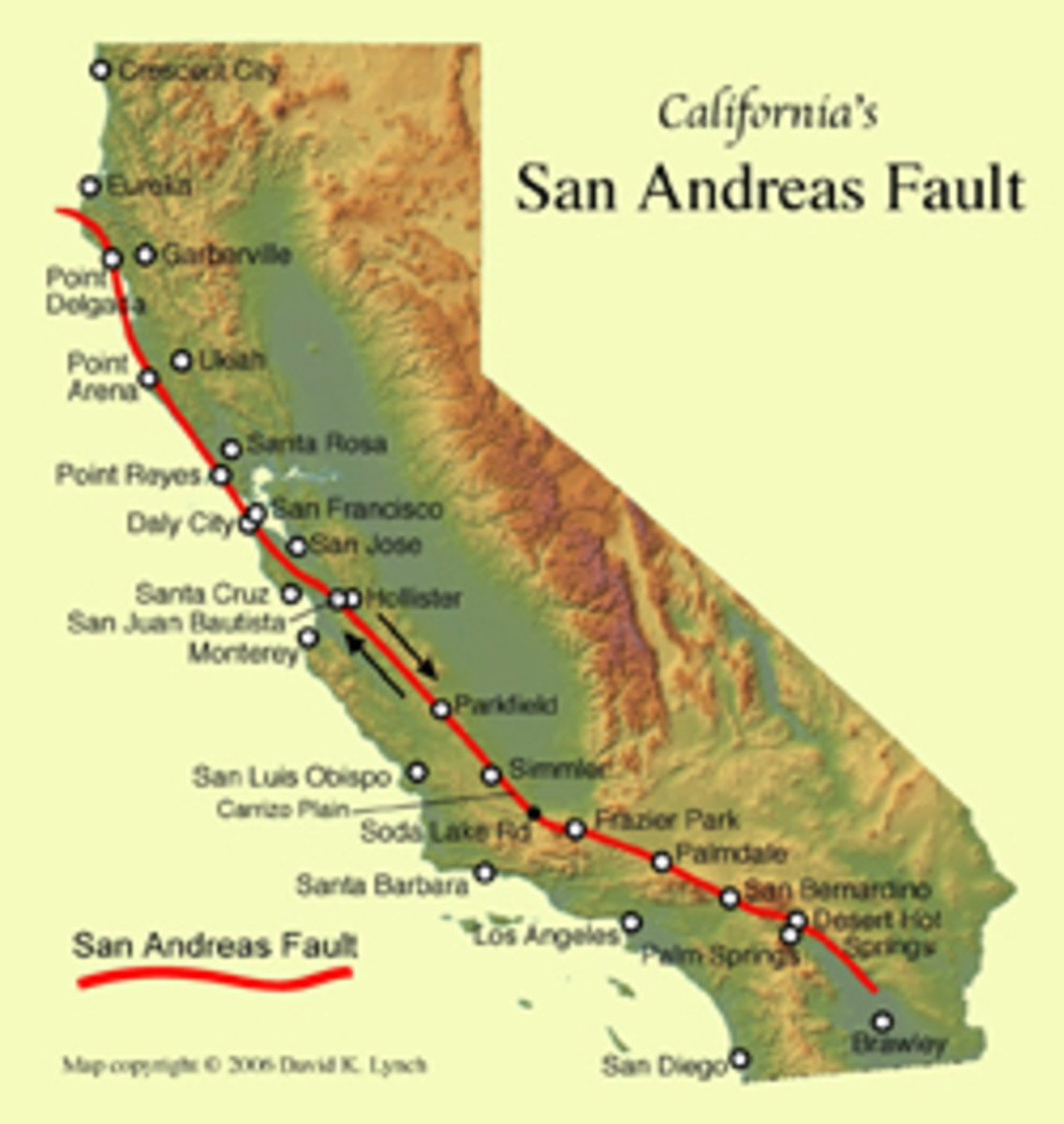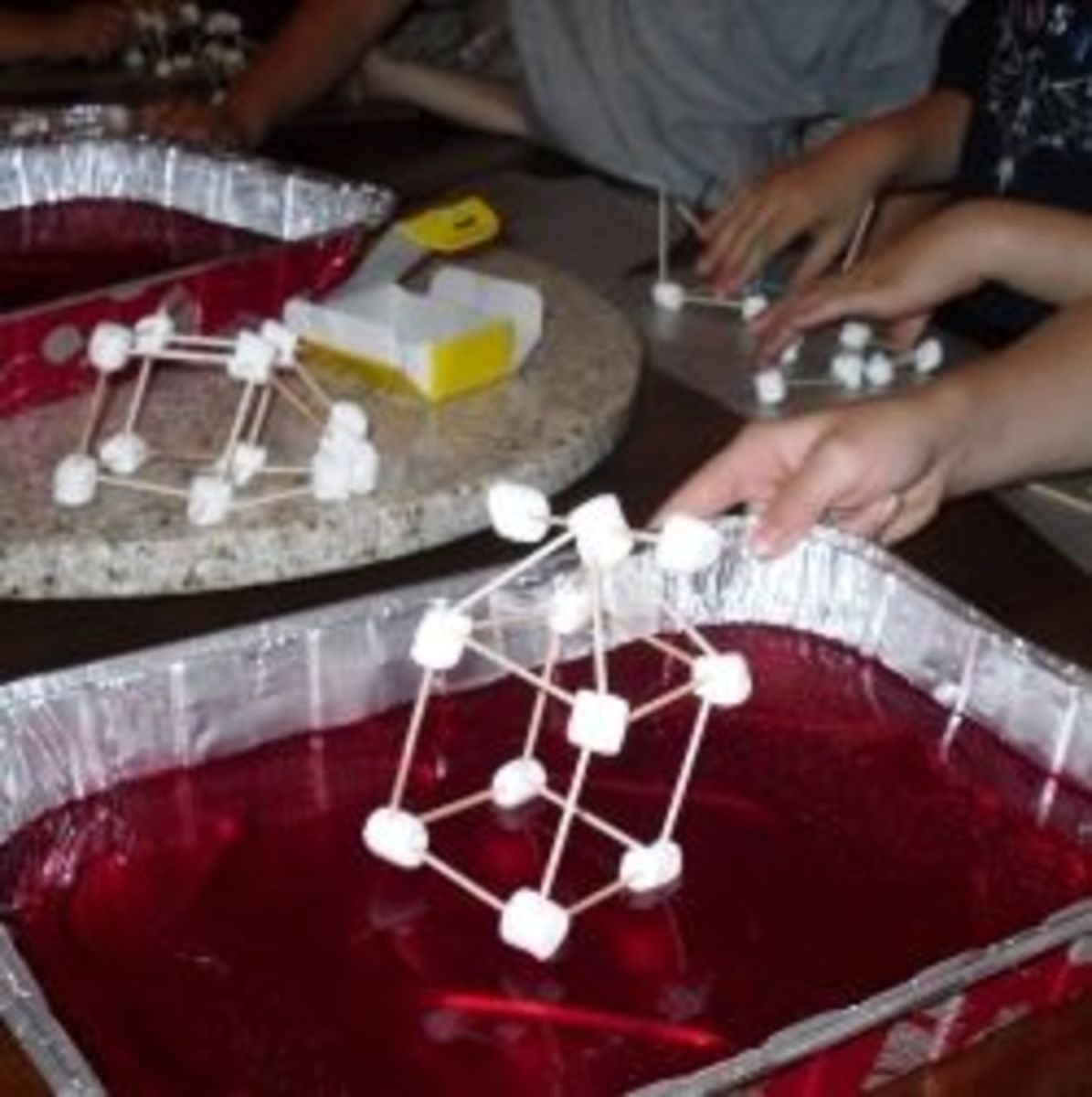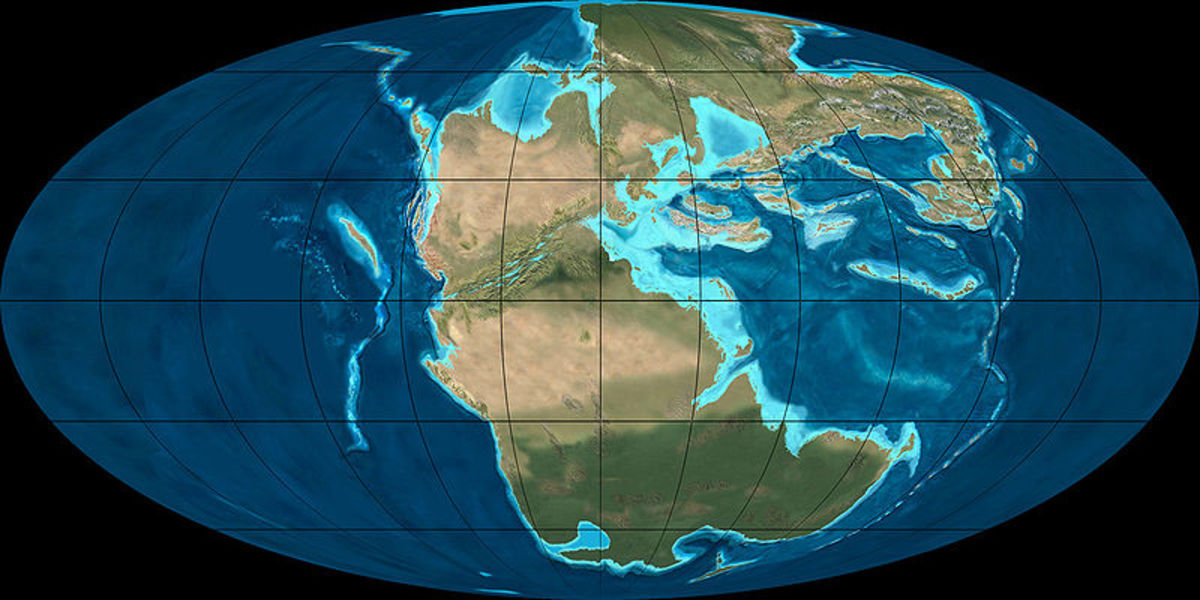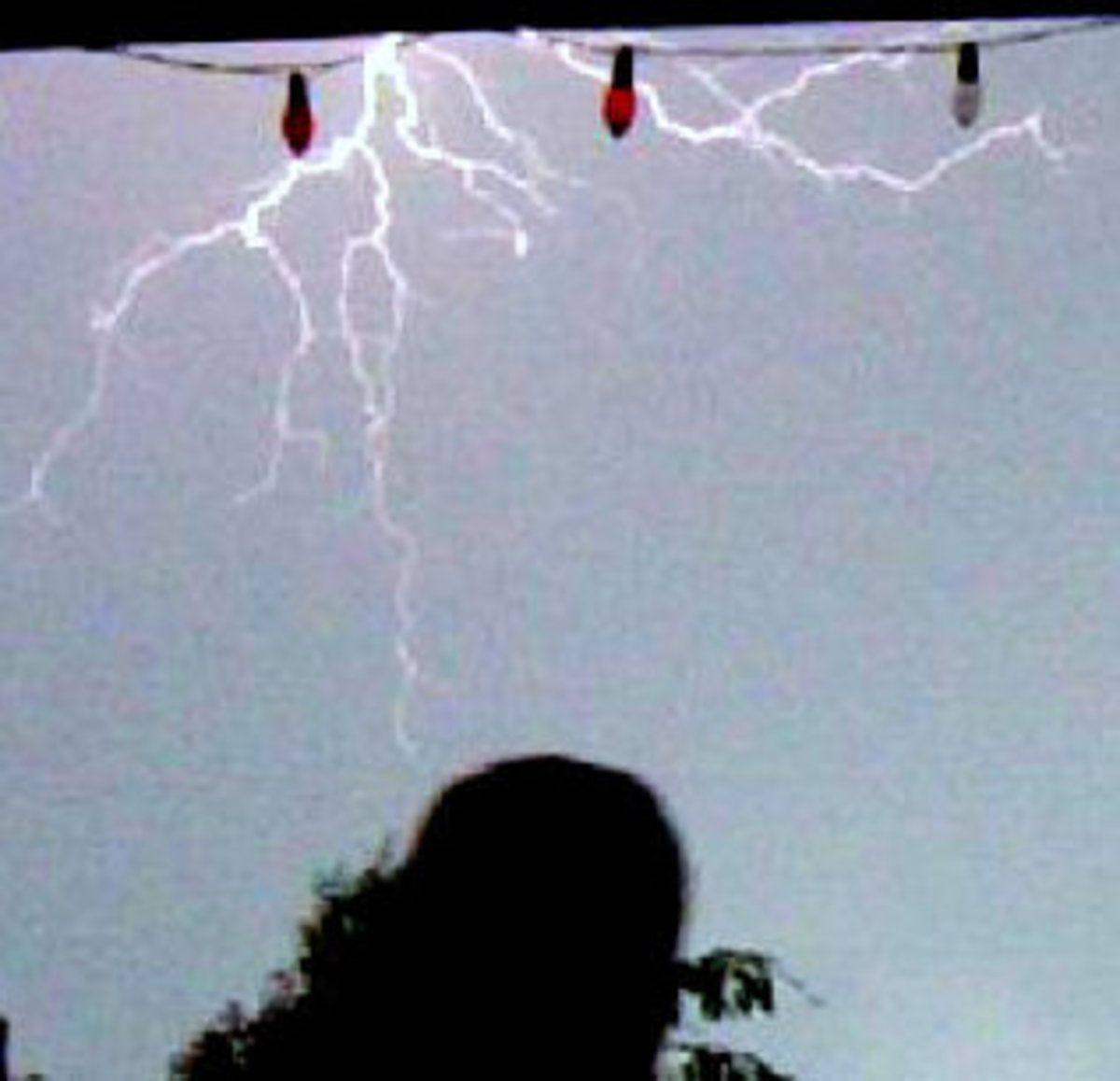Terremoto(Earthquakes), what and why
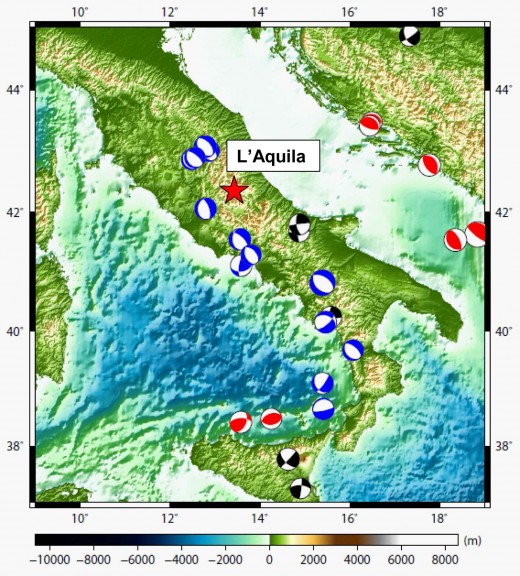
Map showing recent activity of earthquakes in Italy .
- invg.it - ingv Resources and Information. This website is for sale!
invg.it is your first and best source for information about ingv . Here you will also find topics relating to issues of general interest. We hope you find what you are looking for!
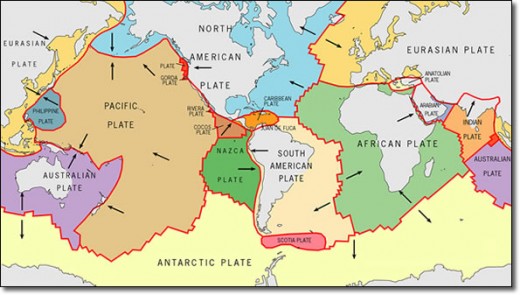
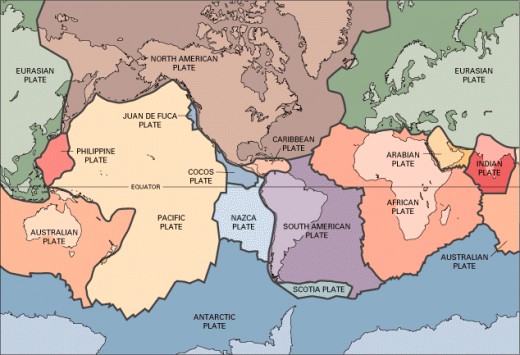
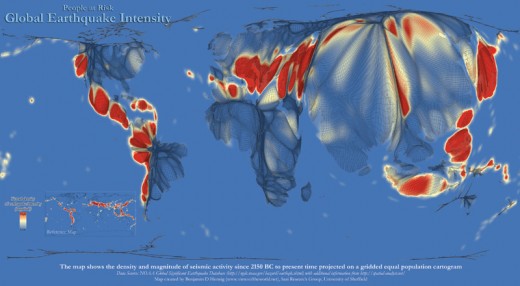
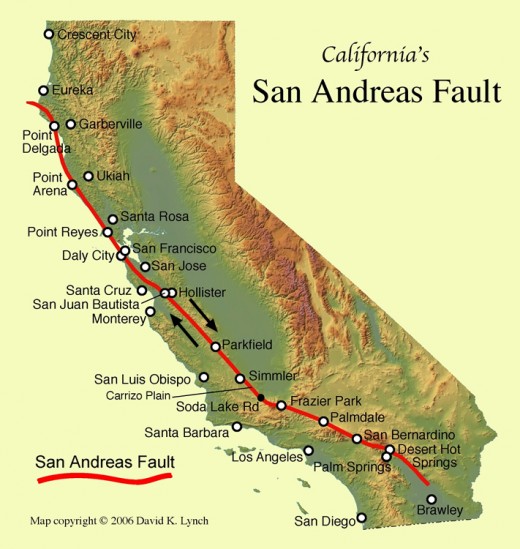

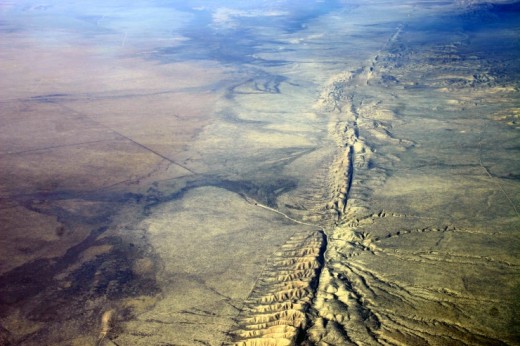
Earthquakes(disambiguation)
As I am at the moment living in Italy and in the last 3 days there have been a number of small tremors, some quite shallow, in this area I decided to take a more in depth look at what earthquakes really are and why they happen, and if they are becoming more frequent.
Earthquakes,tremors, temblor, Terremoto, occur when the Continental or Oceanic plates either move (slide) past each other in opposite directions or bump into each other.
These plates are what make up the Earths crust (what we walk on) and their movement is caused by the motion of a deeper part of our planet, namely The Mantle. This lies directly underneath the crust. Plates usually move quite slowly but when they do collide or scrape past each other in different directions the effects can be devastating.
Earthquakes are actually occurring worldwide all the time along faults in the Earths Crust or the edges of the Oceanic and Continental Plates.
When an earthquake occurs you can sometimes hear it coming, and more often than not will also be alerted by any animals you have behaving in an unusual manner. My boxer dog, Missy, used to leap either on me or onto the end of my bed,depending on the time of day and then stand with her hackles raised snarling and growling at the window. This always happened before I heard it, and the sound was like a freight train rushing at you and then under the house and on past.
There is an Epicenter to all quakes and seismic waves radiate out from this point. Under the ground where the quake actually originates it is called the Hypo center, and this is where the point of initial rupture in a fault line is or it is where the plates bump against each other or friction occurs when they slide past each other. If the epicenter is under the seabed then it may cause enough displacement to cause a Tsunami.
Earthquakes can also trigger landslides, and occasionally Volcanic activity, and also the opposite can happen.
They are triggered by either naturally or by human activity(mining, Nuclear blasts and there is questions being raised about the work at CERN).
The natural causes are rupturing of geological faults in the Earths Crust.
The most well-known of faults


Faults in the Earths Crust, and are Earthquakes becoming More Frequent?
Faults are cracks in the earth where either 2 plates or a section of a single plate are moving in different directions. They are created by all this movement, either sliding or bumping. There are 3 types of faults, one of the most well-known is the San Andreas Fault in California. This is a strike-slip fault which is a crack between 2 plates that are sliding past each other.
Are Earthquakes becoming more frequent?
The evidence suggests this is not so, however there are far more recorded due to increasing and far more sophisticated technology.
Yearly several million, quakes or tremors occur worldwide, though many go both undetected or unrecorded they are so small. However all quakes over 5.0 are recorded on the Richter Scale and the depth of them recorded on the Mercalli Scale. It is a fact that the shallower(nearer the surface) then the more devastating and damaging the quake is.
On average there are 50 a day and around 20,000 a year detected.
